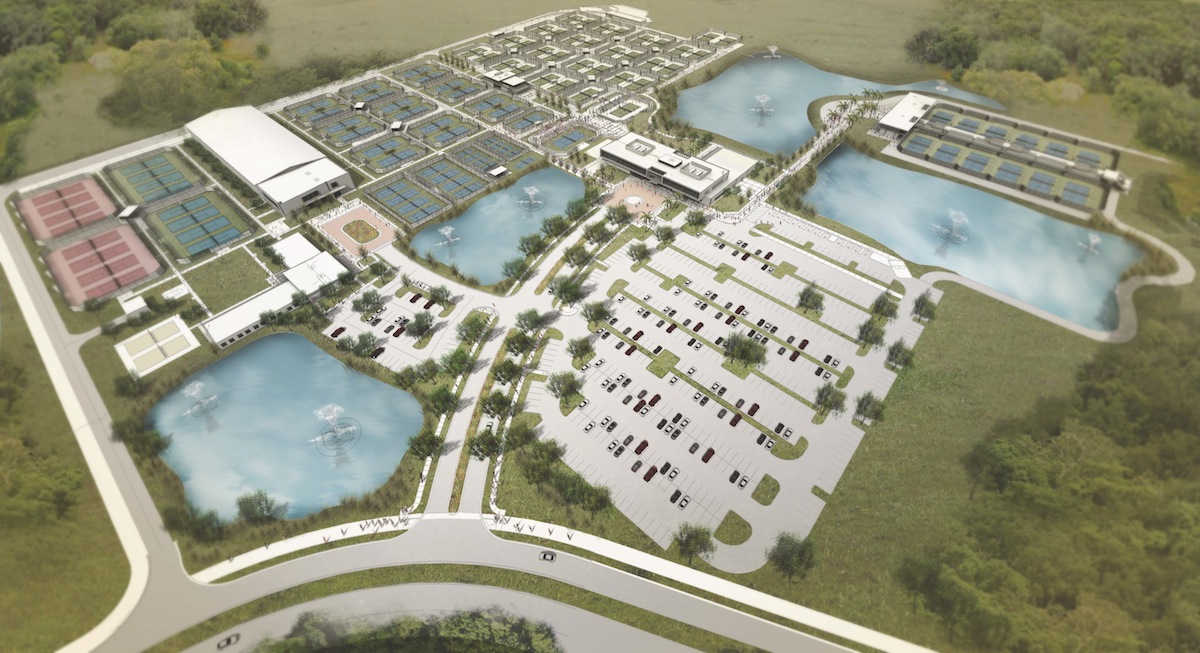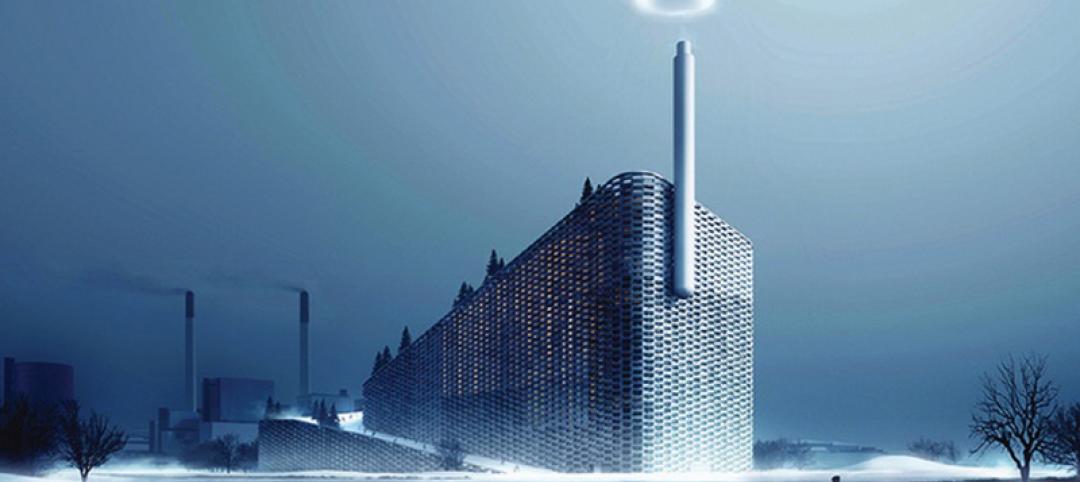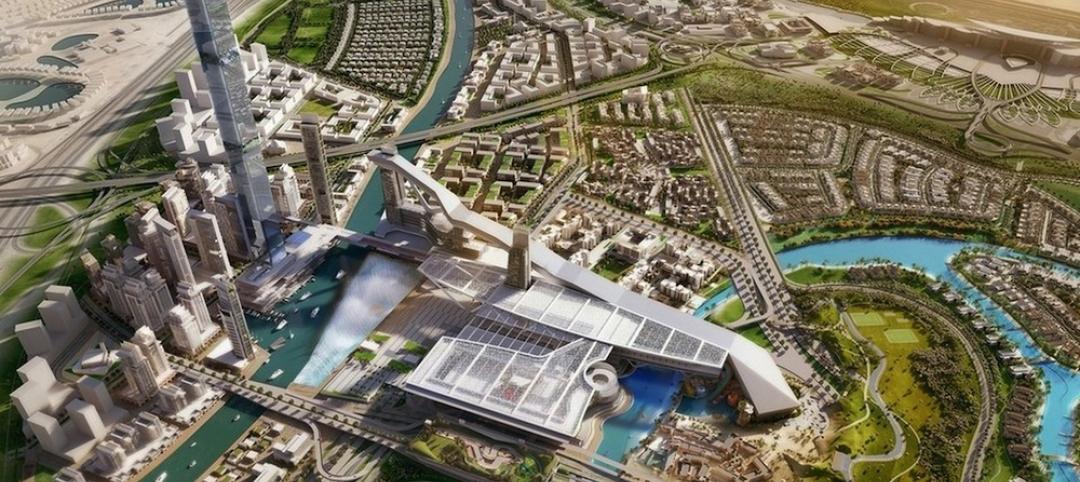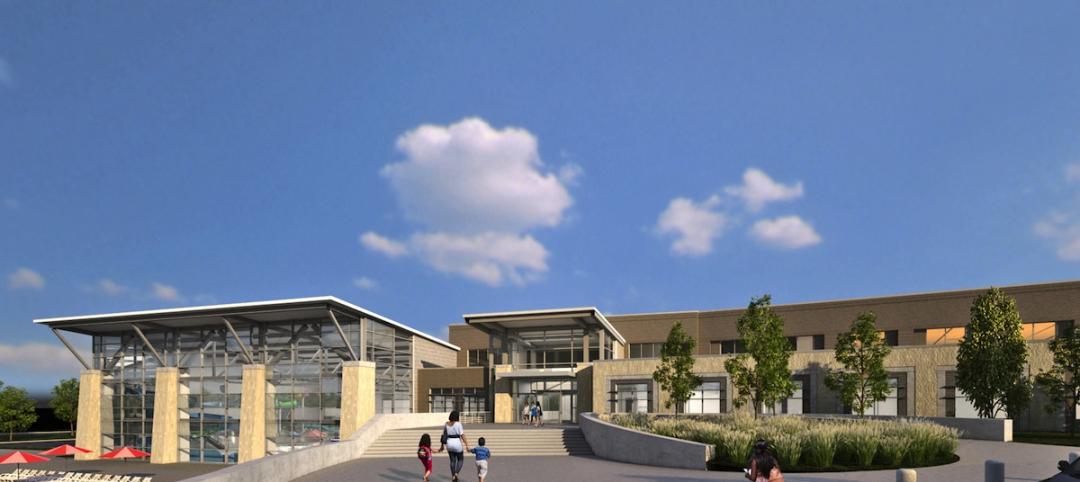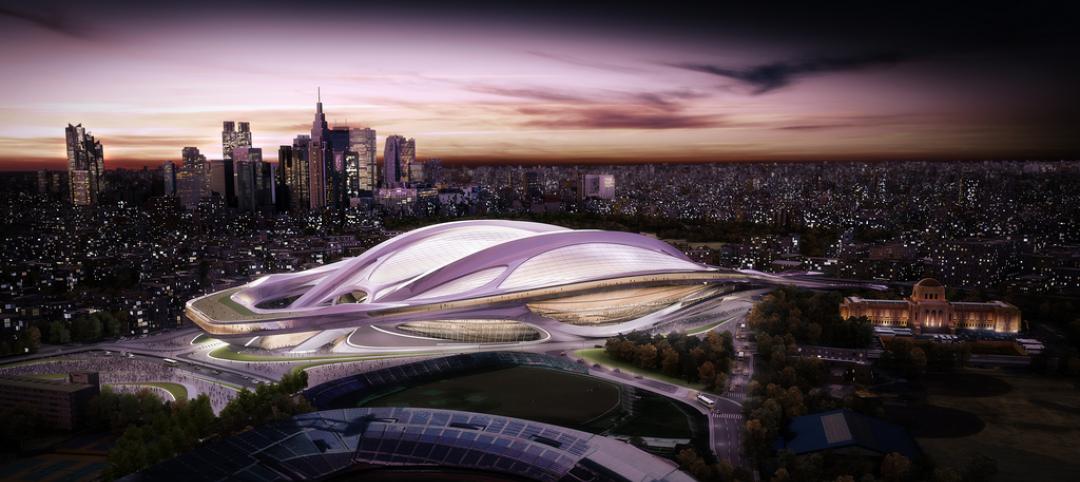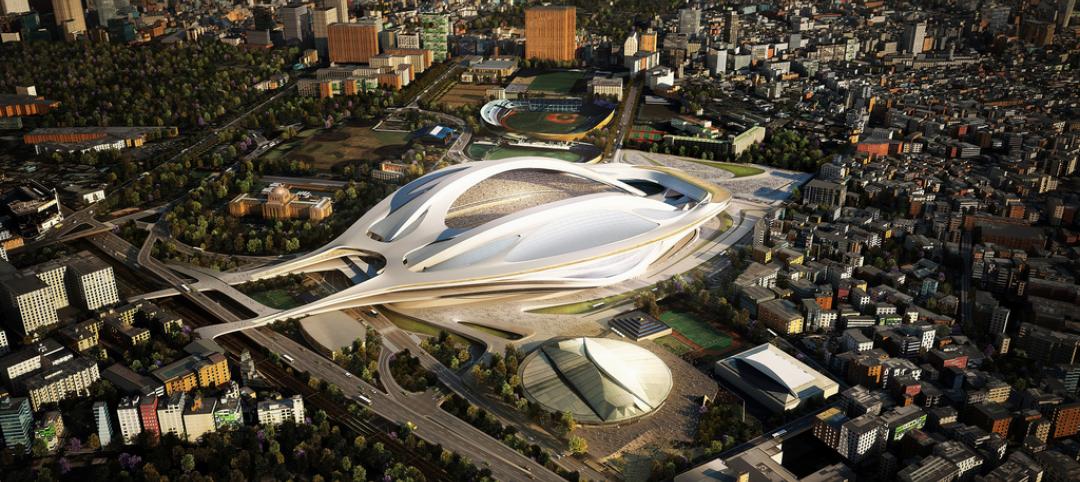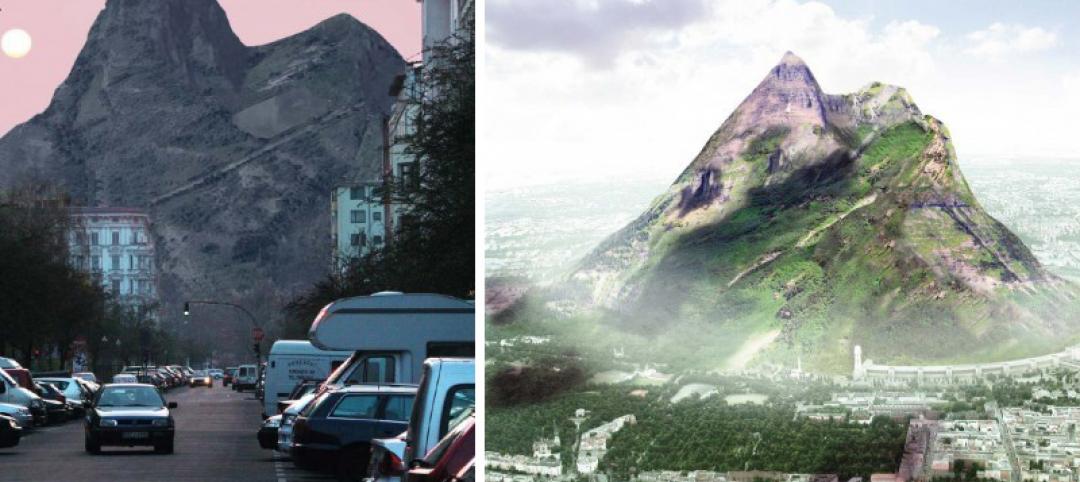On April 8, the United States Tennis Association broke ground on its $60 million USTA National Campus in Lake Nona, near Orlando, one of the country’s fastest-growing communities. With 106 courts and 270,000 sf, USTA’s New Home of American Tennis, as it is being called, will be the largest tennis complex in the U.S.
When completed in late 2016, this 63-acre facility—USTA’s first year-round outdoor construction project—will include a Tournament and League Area with 32 Har-Tru clay courts, and 20 Plexicushion hard courts; a Collegiate Tennis Area with 12 Plexicushion hard courts and one future tournament show court; and a Team Tennis USA Area with 12 hard courts that will be used by the 17 USTA Sections, along with local coaches and their players throughout the country to work collaboratively with USTA Player Development.
A High Performance and Player Development Area—with eight Duro-turf hard courts and eight red clay courts—will be able to house 32 boys and girls, and include strength and conditioning components. The complex will also feature indoor and family-area courts, a pro shop, fitness center, locker rooms, lounges, a café-restaurant, and USTA offices.
The USTA National Campus will be a cornerstone for the community’s Sports Innovation & Performance District, an emerging athletic district with a focus on research, design, innovation and technology.
An on-site stadium will be able to accommodate two matches simultaneously and seat 1,200 spectators.
The Building Team on this project consists of Tavistock Development (developer), HKS Architects (architect), BBM (structural engineer), Exp (MEP engineer), EDSA (landscape architect), and DPR Construction (GC). California Products, Har-Tru, and Connor SportCourt are supplying the court surfaces.
“By housing our two divisions devoted to growing the game at all levels, and training the next generation of players and coaches, we can have a greater impact on the sport than we ever had before,” says Katrina Adams, USTA’s chairman and president. (This complex would replace the association’s smaller training facility in Boca Raton, Fla.) Among the dignitaries at the groundbreaking were City of Orlando Mayor Buddy Dyer, and Orlando County Mayor Teresa Jacobs.
The 11-square-mile Lake Nona was a golf community surrounded by farmland and pastures when Tavistock Group, the developer’s parent, acquired it in 1996. The community is part of Orlando, and Tavistock has been working with that city’s economic development team to transform Lake Nona into what local officials are touting as city of tomorrow.
The USTA National Campus will be a cornerstone for the community’s Sports Innovation & Performance District, an emerging athletic district with a focus on research, design, innovation and technology. “We are launching what we think is the perfect partner to our Medical City,” said Rasesh Thakkar, senior managing director of Tavistock Group.
Over the past decade, Lake Nona has seen more than $2.8 billion and 2.4 million sf of clinical, institutional, laboratory space, and infrastructure completed or in active construction. The 650-acre Lake Nona Medical City health and science park—whose institutions include the University of Central Florida Health Sciences Campus and Sanford-Burnham Medical Research Institute—this year is adding the Orlando Veterans Affairs Medical Center and GuideWell Innovation Center.
Lake Nona’s 7,000 entitled acres offer nine residential communities that currently house about residents. Rob Adams, a vice president with Tavistock Development, tells BD+C that the community is entitled to build between 9,000 and 11,000 dwelling units, and will eventually house between 25,000 and 30,000 people.
The community is already served by three public schools, and three colleges. More than 5 million sf of commercial and retail spaces are in place. Lake Nona is where Johnson & Johnson has been conducting its multimillion-dollar, multiyear study on health and wellness. And the community is planning a 334-acre city park that will be Orlando’s largest.
Adams says Lake Nona’s build out is expected to take between 10 and 15 years. And he anticipates that the tennis complex will be a magnet for other business, such as apparel and fitness retailers, to come to this community.
Related Stories
Sports and Recreational Facilities | Aug 24, 2015
Green Bay Packers to start construction on a business district near Lambeau Field this fall
Flush with cash, the NFL team is kicking in about half of the $130 million for the 20-acre project’s first phase.
Industrial Facilities | Aug 18, 2015
BIG crowdfunds steam ring prototype for Amager Bakke power plant project
The unusual power plant/ski slope project in Copenhagen will feature a smokestack that will release a ring-shaped puff for every ton of CO2 emitted.
Sports and Recreational Facilities | Aug 5, 2015
The world’s longest ski slope will be built in one of the world’s hottest cities
The words “skiing” and “desert” aren’t often used in the same sentence. But that’s changing in Dubai, which appears to be on a mission to have the “biggest” of everything.
Sports and Recreational Facilities | Jul 31, 2015
Zaha Hadid responds to Tokyo Olympic Stadium controversy
“Our warning was not heeded that selecting contractors too early in a heated construction market and without sufficient competition would lead to an overly high estimate of the cost of construction,” said Zaha Hadid in a statement.
Sports and Recreational Facilities | Jul 29, 2015
Milwaukee Bucks arena deal approved by Wisconsin state assembly
Created by Milwaukee firm Eppstein Uhen Architects and global firm Populous, the venue will be built in downtown Milwaukee. Its design draws inspiration from both Lake Michigan, which borders Milwaukee, and from aspects of basketball, like high-arcing free throws.
University Buildings | Jul 28, 2015
OMA designs terraced sports center for UK's Brighton College
Designs for what will be the biggest construction project in the school’s 170-year history feature a rectangular building at the edge of the school’s playing field. A running track is planned for the building’s roof, while sports facilities will be kept underneath.
Sports and Recreational Facilities | Jul 23, 2015
McKinney, Texas, dives into huge pool-and-fitness center project
Money magazine is the latest publication to rank McKinney, Texas, as the best place to live in the U.S. The city is trying to capitalize its newfound status to attract more residents and businesses, with amenities like this new recreation center.
Sports and Recreational Facilities | Jul 23, 2015
Japan announces new plan for Olympic Stadium
The country moves on from Zaha Hadid Architects, creators of the original stadium design scrapped last week.
Sports and Recreational Facilities | Jul 17, 2015
Japan scraps Zaha Hadid's Tokyo Olympic Stadium project
The rising price tag was one of the downfalls of the 70-meter-tall, 290,000-sm stadium. In 2014, the cost of the project was 163 billion yen, but that rose to 252 billion yen this year.
Cultural Facilities | Jul 13, 2015
German architect proposes construction of mountain near Berlin
The architect wants to create the world’s largest man-made mountain, at 3,280 feet.


